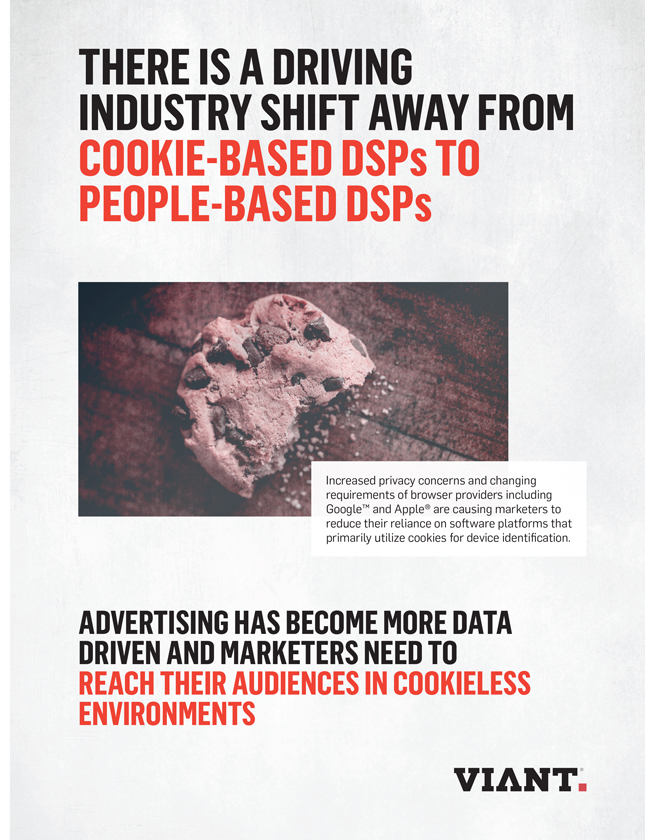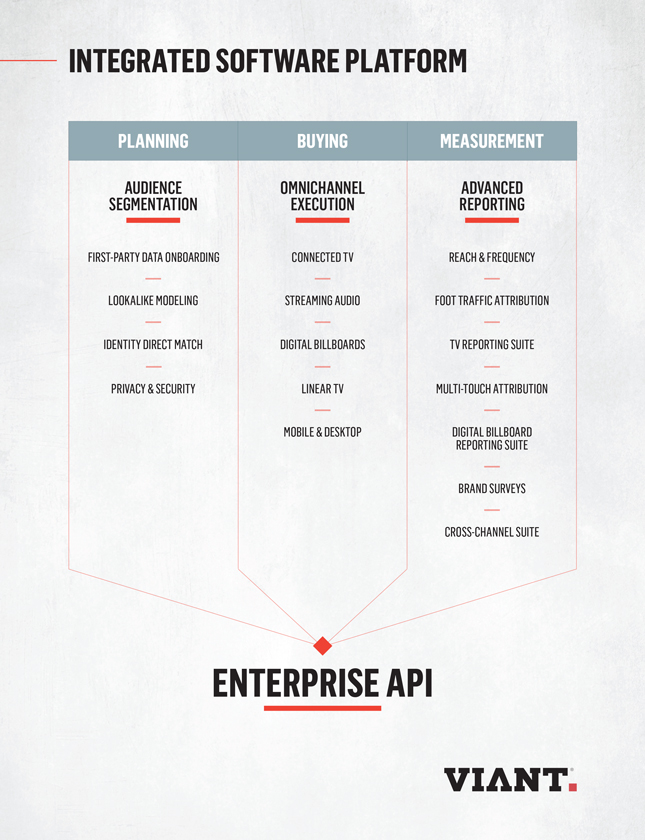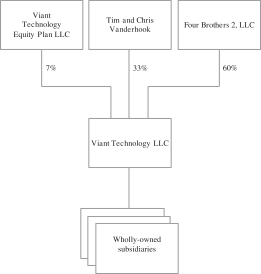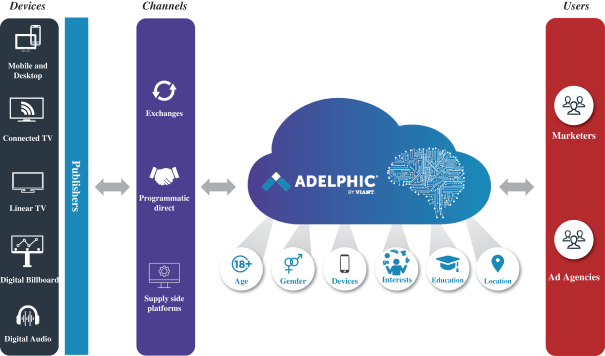The market growth forecasts included in this prospectus may prove to be inaccurate and, even if the market in which we compete achieves forecasted growth, we cannot assure you our business will grow at similar rates, if at all.
Market growth forecasts are subject to significant uncertainty and are based on assumptions and estimates which may not prove to be accurate. The forecasts in this prospectus relating to expected growth in the digital advertising and programmatic ad markets may prove to be inaccurate. Even if these markets experience the forecasted growth, we may not grow our business at similar rates, or at all. Our growth is subject to many factors including our success in implementing our business strategy, which is subject to many risks and uncertainties.
Risks Related to Data Privacy
Changes in legislative, judicial, regulatory, or cultural environments relating to information collection, use and processing may limit our ability to collect, use and process data. Such developments could cause revenue to decline, increase the cost of data, reduce the availability of data and adversely affect the demand for our products and services.
We receive, store and process personal information and other data from and about consumers in addition to personal information and other data from and about our customers, employees, and services providers. Our handling of this data is subject to a wide variety of federal, state, and foreign laws and regulations and is subject to regulation by various government authorities and consumer actions. Our data handling is also subject to contractual obligations and may be deemed to be subject to industry standards.
The U.S. federal and various state and foreign governments have adopted or proposed laws relating to the collection, disclosure, processing, use, storage and security of data relating to individuals and households, including the use of contact information and other data for marketing, advertising and other communications with individuals and businesses. In the U.S., various laws and regulations apply to the collection, disclosure, processing, use, storage and security of certain types of data. Additionally, the FTC, many state attorneys general, and many courts are interpreting federal and state consumer protection laws as imposing standards for the collection, disclosure, process, use, storage and security of data. The regulatory framework for data privacy issues worldwide is complex, continually evolving and often conflicting, and is likely to remain uncertain for the foreseeable future. The occurrence of unanticipated events often rapidly drives the adoption of legislation or regulation affecting the use, collection or other processing of data and manner in which we conduct our business. As a result, further restrictions could be placed upon the collection, disclosure, processing, use, storage and security of information, which could result in a material increase in the cost of obtaining certain kinds of data and could limit the ways in which we may collect, disclose, process, use, store or secure information.
U.S. federal and state legislatures, along with federal regulatory authorities, have recently increased their focus on matters concerning the collection and use of consumer data, including relating to interest-based advertising, or the use of data to draw inferences about a user’s interests and deliver relevant advertising to that user, and similar or related practices, such as cross-device data collection and aggregation, and steps taken to de-identify personal data and to use and distribute the resulting data, including for purposes of personalization and the targeting of advertisements. In the U.S., non-sensitive consumer data generally may be used under current rules and regulations, subject to certain restrictions, including relating to transparency and affirmative “opt-out” rights of the collection or use of such data in certain instances. To the extent additional opt-out rights are made available in the U.S., additional regulations are imposed, or if an “opt-in” model were to be adopted, less data would be available, the cost of data and compliance would be higher, or we could be required to modify our data processing practices and policies. For example, California recently enacted legislation, the CCPA, that became operative on January 1, 2020 and came under California Attorney General (“AG”) enforcement on July 1, 2020. The CCPA requires covered companies to, among other things, provide new disclosures to California consumers and grant such consumers a new right to opt-out of “sales” of personal information, a
34








